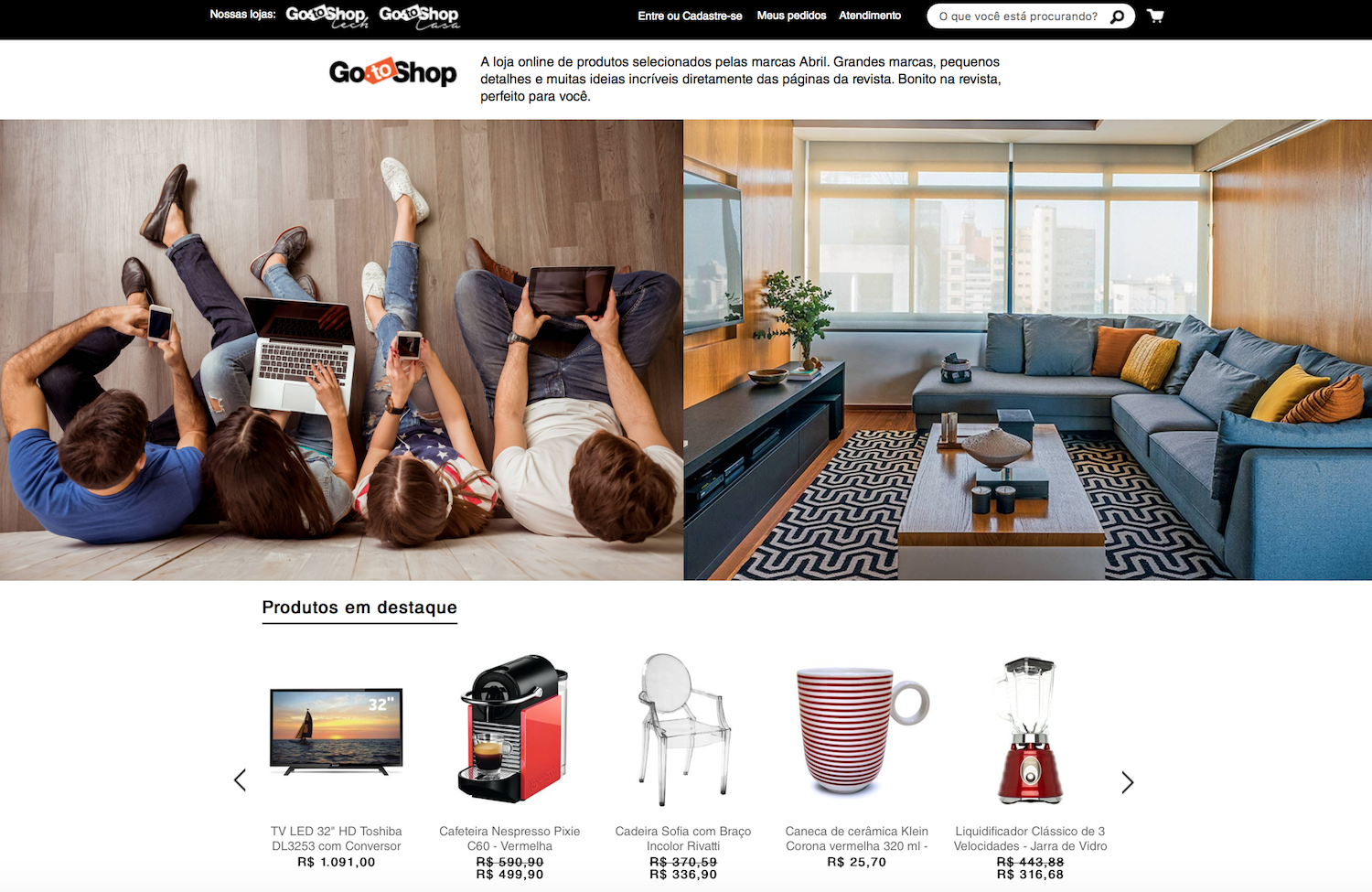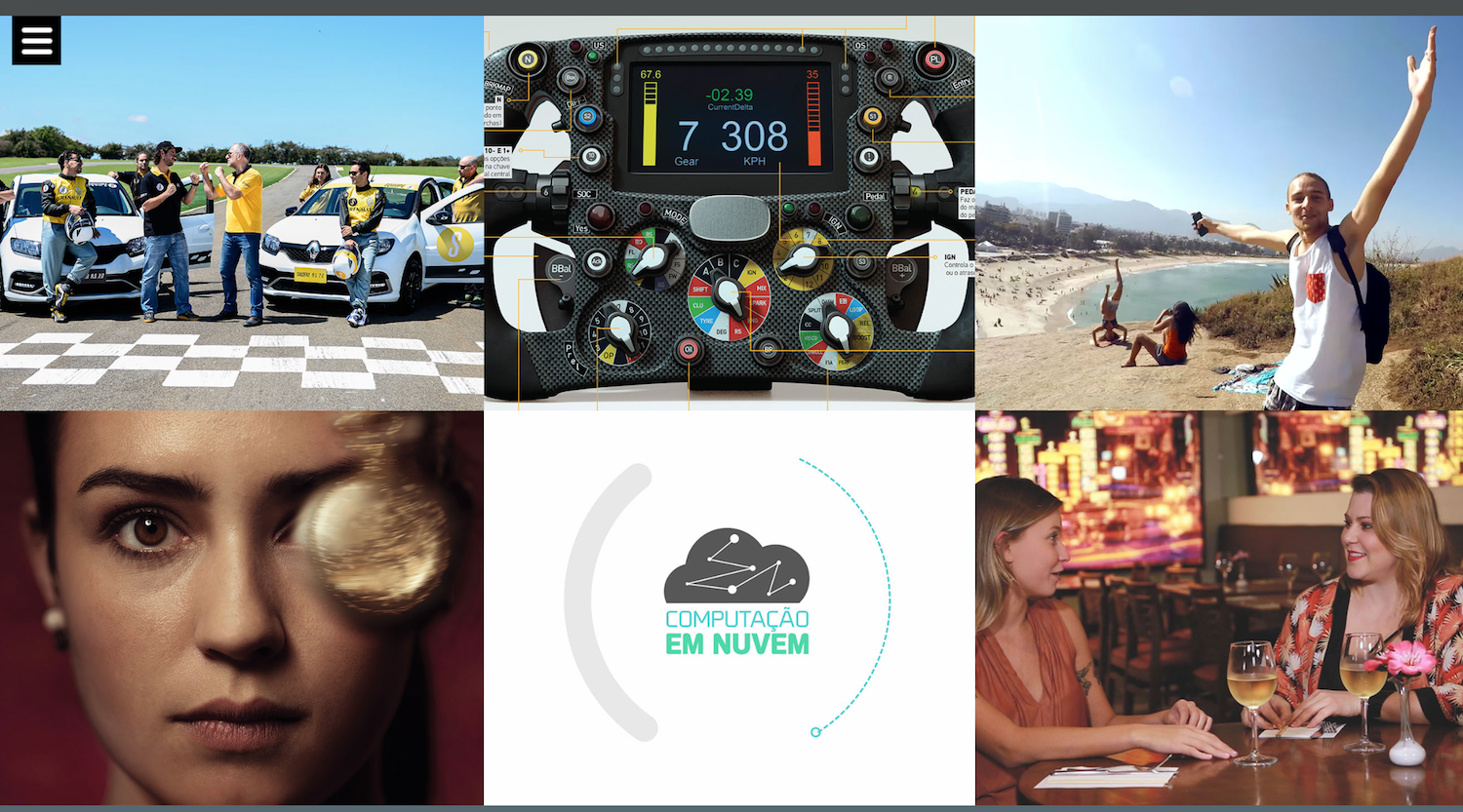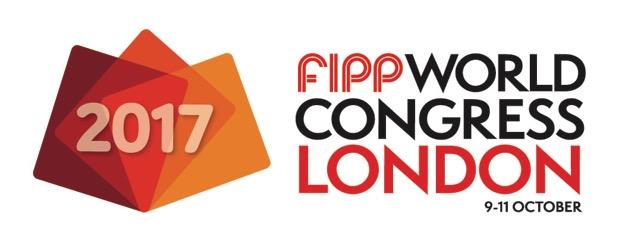[Congress speaker Q&A] Lessons for all publishers from the transformation of Abril in Brazil
Walter is among 60 speakers confirmed for the 41st FIPP World Congress, 9-11 October 2017 in London. Find out more at fippcongress.com. Book your tickets here.
Can you share some of the direction you have been taking the business in recently, and the strategy for success going forward?
When I joined Abril Group, I was motivated to infuse a digital mindset into the company, given my past training and experience focused mainly on technology and innovation. Much to my surprise, I found that the company was already fully dedicated to the digital world, not betting as much on the future of the printed media [but still having them as an important part of business]. This was also the opinion of other print media companies in Brazil.
Therefore, I had to change my mission to include valuing printed media in the group’s media mix. I believe the widespread view that paper will no longer be used and everything will become digital is a misconception. At least in the short term, the migration into the digital world will be accomplished through a mechanism of addition, rather than replacement. I believe that it will be ‘in addition to’, and not ‘instead of’.
Another important issue that supports this theory is the role of each type of media in the universe of information. Digital media will be responsible for answering the questions of ‘what’ and ‘when’, while printed media will be responsible for answering the questions of ‘why’ and ‘how’. These are two separate and complementary missions.
Therefore, I believe in addition rather than replacement – at least for a long time to come. If one day everything becomes digital, I believe the content that answers the ‘what’ and ‘when’ will available free of charge, while the questions relating to ‘why’ and ‘how’ will be charged for. Thus, we will continue to have a healthy business model if we keep investing in the quality and depth of our subjects.
What examples can you share from within the business and what numbers do you have to back up your views?
Seeking to emphasise the aspect of addition and integration between digital and printed media, we introduced Mobile View, applying augmented reality directly to all of our publications. This way, readers simply place their cell phone camera over the magazine pages to immediately access a world of additional content, such as movies, music, book excerpts and much more.
With Mobile View, in addition to further exploring each topic, we provide readers with the feeling and notion that paper and digital are complementary assets.
By restoring our belief in paper, our print runs are increasing, the subscriptions numbers are growing, and we have recovered the same figures from 2010 in terms of number of readers, particularly of Veja – the biggest and most influential magazine in Brazil.
How well positioned is the company in terms of the types of media that do well in Brazil? For example, special-interest titles do well there – and does that give you an advantage?
Human beings experience three kinds of curiosity:
• Diversive – curiosity that seeks generic and superficial information about everything. It represents our desire to truly understand our surroundings in order to feel safe.
• Empathic – human beings’ innate interest in others like us. We want to know everything about people, how they live, what they do, who was promoted or fired, and so on. Empathic curiosity is the root of gossip.
• Epistemic – It is our need to explore matters in depth, understanding why things happen, how they happen, and their consequences, etc.
Diversive and empathic curiosities have migrated to the digital world and are more suited to this fast-paced, individualised and interactive universe. On the other hand, epistemic curiosity has remained on paper, mainly due to the significant reduction of screens and the difficulty of exploring any matter further using digital tools.
We believe that magazines are the ideal vehicles to satisfy the epistemic curiosity, and those that are successful in this endeavor in a global scale, such as The Economist, have the advantage.
Another important consideration is that Abril Group is transitioning from a ‘media house’ to a ‘house of brands’ where, by controlling a thematic territory, we will explore a number of other methods to distribute content from our most important titles.
We currently have a large volume of know-how and know-who content in segments such as business, fashion, design and decoration, health and well-being, etc. This allows us to explore other methods, besides magazines, to distribute this content, such as websites, blogs, apps, videos, events, awards, licensing, etc.
Currently, each publisher is responsible for managing a multidisciplinary team, which uses a specific brand to explore all possible methods to distribute that content.
What other market trends is the Brazilian market seeing right now?
After an initial natural euphoria with the broad range of possibilities offered by digital media, agencies and advertisers are starting to understand that the tools used in this new universe do not provide the most effective answer to all marketing needs.
Many are becoming more convinced that this unleashed migration to the internet and social media needs to be assessed more carefully. One of the major gaps in digital media is building branding and low credibility of the editorial environment.
Therefore, the magazine segment is regaining value, which should bring some advertising investment gains. However, we can’t fool ourselves. This value will never be as great as before, due to the huge volume of media options currently available.
Get stories like these delivered straight into your inbox. Subscribe to our (free) FIPP World newsletter.
Consequently, we must take advantage, in a synergistic way, of all the company’s skills and structures, allowing us to find other sources of revenue to keep growing and evolving.
For example, Abril has created GoBox, a new platform for a product subscription club, where every month our customers receive a box with specific products, delivered to their homes. These products can be related to gastronomy, wine, pets, cosmetics and more, selected with the help of our publishers and experts in the related subjects.
Another new source of income is GotoShop, which transforms our magazines into a marketplace. Using the same augmented reality technology, our readers can now place their phone cameras over any object they like in the magazine and immediately buy the product directly from the publication, with a single click.
Seeking other opportunities, we have established several partnerships with a dozen different companies, ranging from fitness to domestic and vehicular multi-service providers. These partnerships are established in exchange for massive disclosure in our publications, websites and events through the ‘media for equity’ model.
These are just some of the many projects we are developing to keep pursuing our mission of providing free, independent and responsible press.

Brazil always does well at global awards – especially around creativity at ad awards. Why is that?
Brazil is a multicultural country. This makes for a tolerant and open culture for everything that is unprecedented and new. But that is not the main explanation for our creativity. The main reason can be defined as ‘survival of the fittest’.
Our country has endured serious crises, experiencing hyperinflation, forecasting difficulties and outrageous social differences. These factors helped our population to develop an ability of adaptation, which had never been experienced by many other countries, and creativity is always generated from necessity.
Another explanation is the poor access to investment and credit, making production values go well below the necessary and requiring a high level of creativity to cope with the low budget.
FIPP World Congress 2017 | Meet the speaker: Walter Longo, Abril Group
Obviously Brazil is going through big political change and economical upheaval. How is that impacting the business and what constraints is that putting on the market overall?
The media world in Brazil is facing two simultaneous crises: a political/economic crisis, and a business model structural crisis that affects the entire communications sector. These two simultaneous crises take away our managers’ focus in strategic aspects, diverting their attention only to tactical and immediate issues.
Thus, nowadays our companies are more concerned with the end of the month than with end of the world. This ends up reducing investments and compromising our profitability and ability to invest. I am certain that the political/economic crisis is fading, but the business model structural crisis is here to stay. And that is precisely where we must focus our attention.
One thing is true: we will never have the amount of advertising investment we did in the past. If before our pie was divided into four pieces (TV, newspaper, magazine and radio), now this pie is divided into 20 pieces. Obviously, our piece became smaller. Therefore, we need to completely revise our business vision, so that we keep advertising as an important source of revenue, but not as our main business. In other words, we need to see advertising as mean, not main.
If before we made a profit with the publications, we can now make a profit through them, developing other businesses and using our media to disseminate and promote these new businesses.
How does this background influence the direction of the business – and how the company responds to change? Does it make you act faster or in a more considered way, for example?
In the post-digital world, ephemerality is the name of the game. Our reality has become increasingly ephemeral and transitory, and that changes everything in the fight to win the market. If before we had to keep moving in order to avoid standing in the same spot, now we have to run in order not to lose our place. This new dynamic requires faster decisions, courage to change and implement a permanent adjustment module in the organisation.
When people ask me whether I am going to terminate or close a publication, my answer is ‘I will definitely close some magazine and start another. We still don’t know what it is, but the market will tell us’. In fact, in this disruptive world we live in, companies don’t close only because they do something wrong. They close because they do the right thing for too long.
Therefore, we must act ephemerally in order to ensure a perennial stay. In other words, we must fix what isn’t broken. If we act in a perennial manner, we will become ephemeral and disappear. Change is the only permanent state, and the greatest risk we face nowadays is not to risk. Therefore, more than being good managers, we need turnaround people to lead our companies.
You come from an advertising background, so I am interested to hear your thoughts on the state of the advertising industry, the role publishers can play in this field and how it impacts publishers’ focus…
Despite being advertised as extremely creative and award winning, the communications sector in Brazil still suffers from a lack of efficacy and search for results.
We must acknowledge that the fight is not about audience, but rather their attention, and in a world with attention deficit disorder, if you want to stand out, you have to blend in. This explains the significant increase in the amount of branded content, where we transform advertising space into useful and interesting content to promote brands and products.
The secret of branded content is to transform journalism storytelling into advertising storyselling, and this technique is not yet fully mastered by most agencies and media vehicles.
Abril Group has created ABC – Abril Branded Content, a unit dedicated to this topic, which last year alone produced more than 2,000 advertainment or branded content projects. And the demand increases every day.

Above: Some of Abril Branded Content’s campaigns
I am certain that even if we fully respect the segregation between editorial and commercial segments from media that are serious and committed to the truth, we can develop a sponsored content that is increasingly more useful and interesting for our readers and users. This will help bring more attention to the brands as well as significant additional revenues to communications vehicles that manage to develop efficient projects of this kind.
Hear more from Walter at the FIPP World Congress in London, 9-11 October. Book your tickets here.

More like this
Brazil leads mobile app usage in Latin America
One company’s ‘blueprint’ for magazine media to thrive
Innovating to survive: magazine media in Latin America and Spain
Why a former internet giant looks at magazine media for inspiration
Digital media strategy: verticals, consolidation and the ‘squeezed middle’







